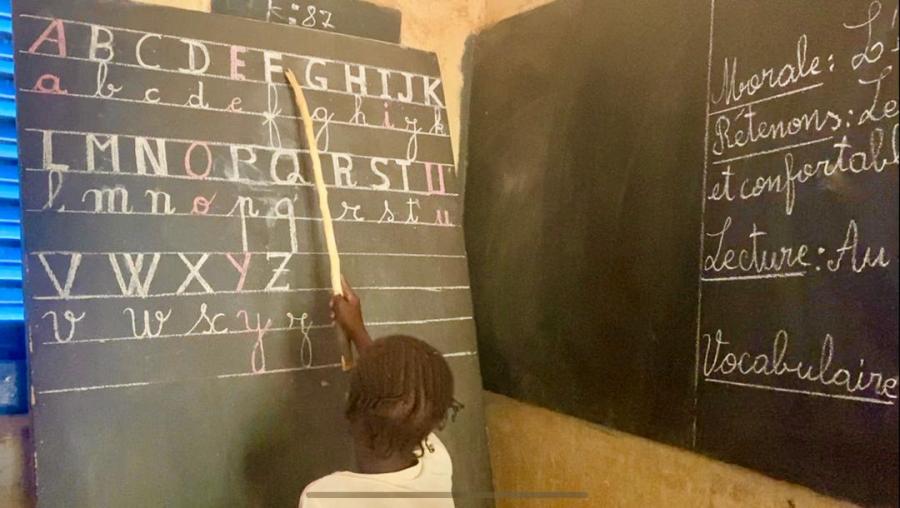After spending three years advocating for downstream concerns related to construction of a dam in Mali, Cultural Survival has offered its endorsement for the project to go ahead.
Larry Childs, coordinator of the Djenné Project, a Cultural Survival Special Project, said that concerns Cultural Survival has held regarding the construction of a dam on the Bani River at Talo had been sufficiently addressed. Physical design changes, increased downstream participation, and new impact studies presented during a workshop in May in Bamako, Mali, satisfied Cultural Survival’s appeals. The three-day workshop, sponsored by the Malian Ministry of Agriculture and the African Development Bank (AfDB), the predominant lending institution behind the dam, engaged more than 80 participants. Included were AfDB representatives, project managers, engineers who conducted the impact studies, locally elected and appointed government representatives, and civil society organizations. The participants reached a consensus validating the new impact studies so that, with final approval from the AfDB, construction could begin in October.
“There was a general sense that the hydrology model was solid and that the real challenge lies now with project management,” Childs said.
Working on behalf of concerned agricultural, fishing, and herding communities living downstream in the town of Djenné, Cultural Survival commissioned a report in 2001 through Clark University assessing the validity of studies that had supported the dam’s construction. The Clark Report documented potential negative effects of the initial design on downstream communities. Recommendations from the report helped convince the AfDB to delay construction, examine potential negative effects, and encourage the government to increase the participation of downstream communities in planning.
Cultural Survival recommendations expressed in the Clark Report and in meetings with the AfDB have led to significant changes in the project. The construction plan has been redesigned to better ensure that traditional flood recession agriculture downstream and around Djenné will not be interrupted. Djenné community representatives have also been added to the river basin management team. Despite these improvements, a post-workshop meeting with some Djenné residents highlighted ongoing concerns about effective dam management. Community members expressed specific concerns that if consistent and sufficient water flow were not provided through the sluice gates, traditional agricultural practices and the natural environment could suffer.
“Though construction is likely to proceed this year there is still a lot more planning required to assure that the project is well managed as envisioned,” Childs said. “Local management skills must be developed, project monitoring systems better devised, and contingency planning carried out to ensure effective responses to unforeseen negative effects that always accompany dams.”
Justine Petrillo is a former Cultural Survival intern.



